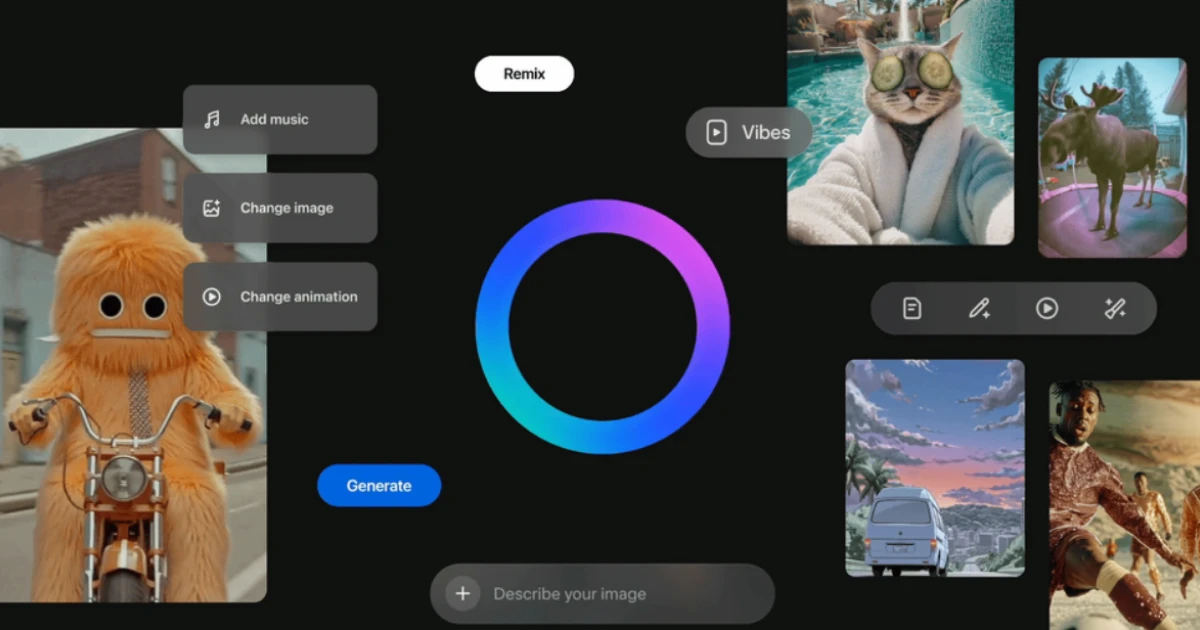Since the Australian government announced the legislation last year, child protection advocates, tech industry groups, and children themselves have questioned whether the ban can be enforced due to workarounds like Virtual Private Networks, which maintain an internet user’s location.
Tony Allen, CEO of the AgeCheck Certification Scheme, the US-based organization which is overseeing the Australian trial, said “Age assurance can be done in Australia privately, efficiently and effectively,".
The trial found “no significant technical barriers” to rolling out a software-based scheme in Australia, even though “no one-size-fits-all solution, and no solution that works perfectly in all deployments.”
Allen also noted that some age-assurance software firms “don't really know at this stage what data they may need to be able to support law enforcement and regulators in the future.”
"There's a risk there that they could be inadvertently over-collecting information that wouldn't be used or needed."
Organisers of the trial, which was concluded earlier this month, offered no data findings and only a broad overview, which did not name individual products. They will deliver a report to the government next month, which officials have also said will inform the industry consultation ahead of the deadline in December.
A spokesperson from the office of the eSafety Commissioner, which will be advising the government on how to implement the ban, also said the preliminary findings were a "useful indication of the likely outcomes from the trial.”
They also added, “We are pleased to see the trial suggests that age assurance technologies, when deployed the right way and likely in conjunction with other techniques and methods, can be private, robust, and effective.”














